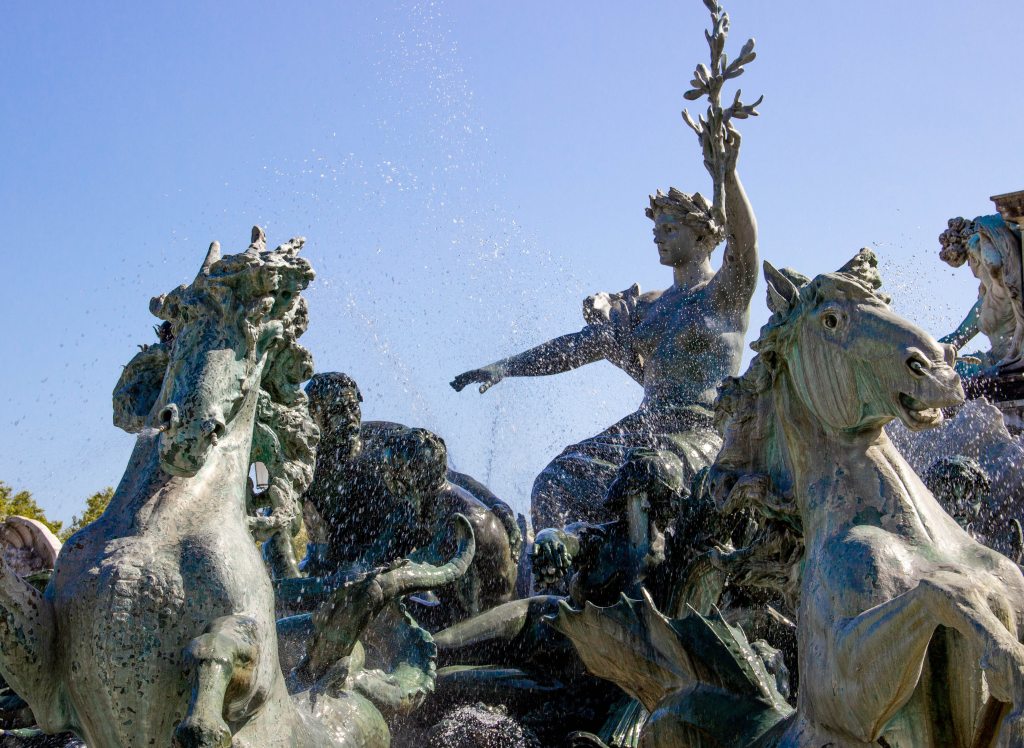
Que sais-je? What do I know? The famous refrain of Montaigne, who five hundred years ago always wondered what he knew. What do I know? The shrug of a mensch.
I have this issue where I pinch books from hotels and caffès, semi public places sometimes with hand-lettered signs that exhort Take One? Leave One! The motley collections betray their unloved status. Very often they are in English, Swedish, Dutch, German. The languages of those stricken by wanderlust. I very rarely leave one. I almost always take one, sometimes more. During the pandemic my natural bookworm inclination was given free rein to worm through any and all books at hand. I finished reading my first book in Italian last year. It felt great – La lingua geniale. I tried reading La vita bugiarda degli adulti in the original Italian also, just before La lingua geniale, but was dismayed to find I could not do it. The deceptively simple English of Ferrante in translation presented itself to me in the original as an impossibly opaque, stream-of-consciousness Italian. Reading in Spanish, French, and Italian is much more cerebral for me than reading in English, but the rewards are greater for their relative rarity. I must slow down, take my time, think. I am a deeply emotional reader in English. I feel the words and hard. I read fast, inhaling the painted scene. When I’m far from English, a different mind is reading.
Last summer at the auberge in La Rosière the shelf was full of slim tomes, many of them the Livres de Poche imprint I know so well from my time as a student in Strasbourg. A couple of them caught my eye, and I slipped them into my backpack. I’ll bring them back next year, I told myself. I put the books on my nightstand, enjoying their slim Gallic silence. Montaigne by Zweig and something by Montaigne himself. I picked up the Zweig over Christmas and was floored by its simplicity and literary transparence, and read it in a week or two. Zweig felt he’d met his match in Montaigne. So much in common. To be fair, I read the Zweig introduction twice, picking my way through for clues and setting the stage to imagine Stefan writing the book as a political refugee in 1941 Brazil. Many students know him today for having studied his Essais. I was not in this lucky tribe of adolescent essayists, but was charmed by Montaigne’s story in a way I did not expect, and glad to address this hole in my liberal education.
Michel de Montaigne (1533-1592) is a case study in nature versus nurture, human relations and the arc of life. The child of class-mobile arrivistes, conversos from Spain fleeing the Inquisition, unlanded gentry with high hopes to jump a rung or two on the ladder of sixteenth-century France, his grandfather bought land, then his father a title. Only his maternal grandmother was Catholic; the others were Jewish or Protestant. The last name changed from Eyquem and Villanueva-Lopez to Montaigne.
His father Pierre, the mayor of Bordeaux, was so excited to welcome petit Michel that he placed him with a local family of farmers so that the child would learn how the other half lived. This part of his education only lasted until he was three, when his father took him back into the velvety bosom of the Montaigne estate. Here, however, still no business as usual. No one was allowed to speak French to Michel, ever. Latin only! Latin immersion. He would learn to speak Latin, the tongue of erudition, as his first language, Pierre decreed! And so the boy did, and the Latin efforts rippled throughout the household and town as bits of Latin vernacular filtered from the family into their surroundings. A Latin-speaking staff was hired to mind the boy, and his tutor, a fellow from Germany amusingly named Horstanus, didn’t even speak French, thus removing the possibility of slipping back in French.
Michel was also a fitful sleeper, so Pierre hired some musicians to play music for him upon his awakening each day. He was probably freaked out about everyone switching from French to Latin each time he entered a room. But by the time he was seven or eight, it was clear that the boy spoke Latin as his first language. Pierre was pleased. Michel attended an élite boarding school nearby, then hobnobbed in the French court, dallied at a battle at Rouen, and picked up a medal he’d been coveting since boyhood (in Latin). He went on to be a counselor for various governmental entities. He was smart and in demand.
But by thirty-eight, Michel had had enough. He didn’t even really like his wife too much, and advised her to seek a lover. He said he was sick of working, and the daily grind. Also, five of his six children died in infancy, so that might have had something to do with it. What grief will make a person do. Especially a person of generous independent means! So Michel did what was logical: he trotted up into his literal ivory tower on one side of his property (his wife kept the other tower as her space). He made a public proclamation of his fatigue of court life and work, and said he wasn’t going to be around anymore. He sat in his tower and etched Latin aphorisms on the oak beams overhead. He read and write and rearranged his thousand-book library. He hired a secretary to take his dictation. Apparently his written Latin was fantastic. He investigates and interrogates and dissects himself, his opinions and believes. Que sais-je?
But then! How much of the self can one person take?! By forty-eight, Michel is bored out of his mind, tired of the hearth and the reading and the dictation. He’s probably been eating soup every day for a decade. He comes down from the the tower and tells his wife his is going on a journey.
Oh really, where to? she calls down from her tower.
Don’t know, really. I’ll take a friend. Michel sets out and heads straight to France, Germany, Austria, Switzerland, and Italy. All this in a carriage! He complains about the tyranny of the road (because roads have a beginning and an end point), which leads to a destination. He wished to have no known destination! (Man after my own heart here in terms of travel.) He charms the pope, no doubt with his excellent Latin, over dinner. The pope suggest a few edits (maybe faith over fortune?). In 1581, he finds himself in Lucca taking the waters for his chronic kidney stones. Did I mention that Michel is very, very short (150cm) and never in great health after he exits his towers. The stones, man – those damn stones. While in Lucca sipping the sulphuric elixir he receives a letter that says, Felicitations! you have been elected mayor of Bordeaux! Please come back and manage things for the people of Bordeaux! So he packs everything up and cuts his trip short, which pains him.
He goes back to Bordeaux, he runs the city as his father did before him. He thinks he is safe back at home, until the night of the St. Bartholomew massacres arrives at his house and head are literally rolling down the hill off his property. His last political gift was brokering a succession agreement for France, by convincing Henri de Navarre (the leader himself of the Protestant Huguenots) to become Catholic. (It took months.) Then Montaigne died of quinzy, or tonsillitis. His mother, Antoinette, was almost ninety, still tottering around that castle.
So, book report aside, here is my takeaway: if you retreat from the world, the world will come to find you, and it may alarm you. Do what you can. Que sais-je?
Combien de choses nous servoyent hier d’articles de foy, qui nous sont fables aujourd’huy? How many things served us yesterday for articles of faith, which today are fables for us? – Montaigne



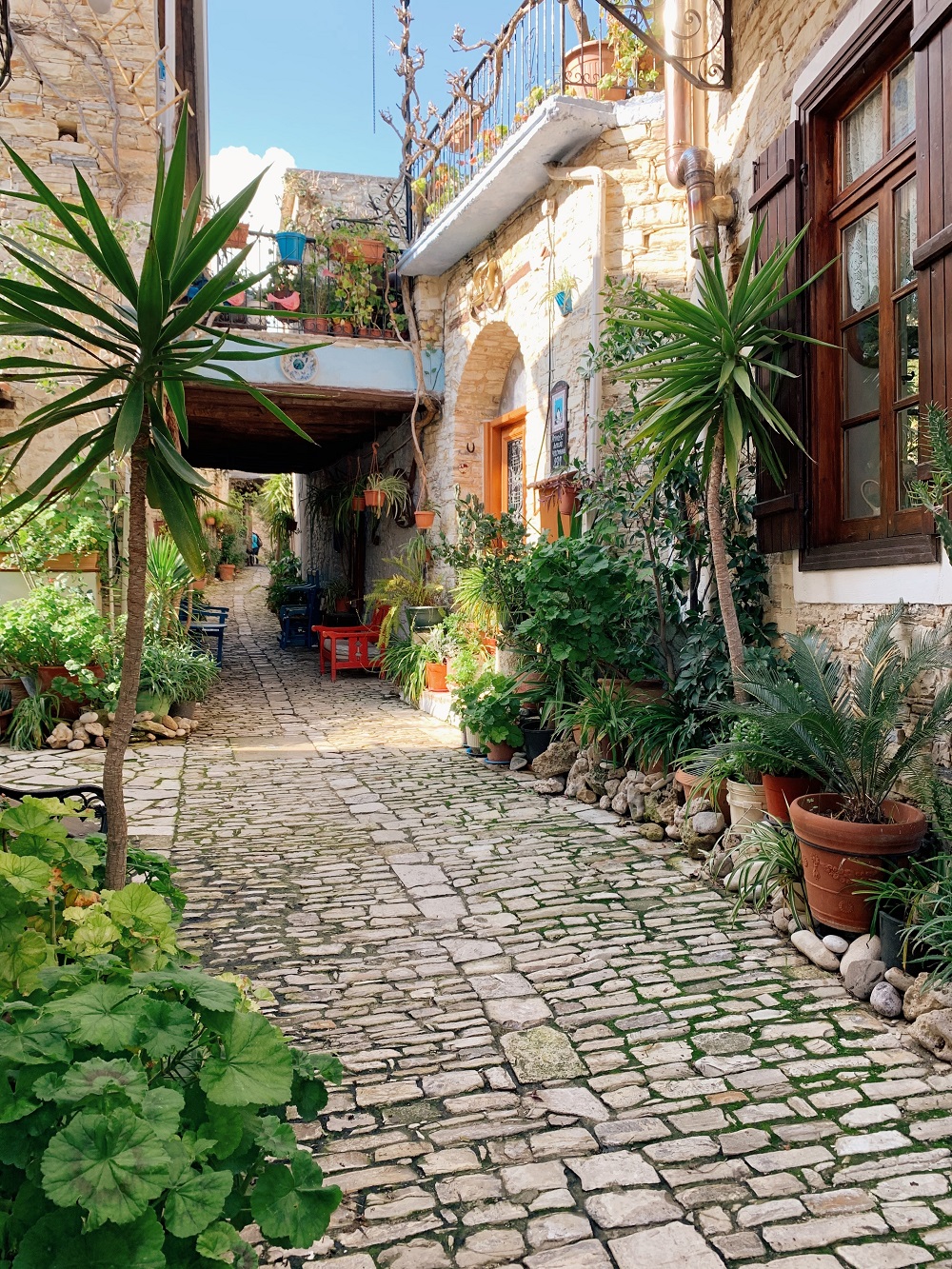
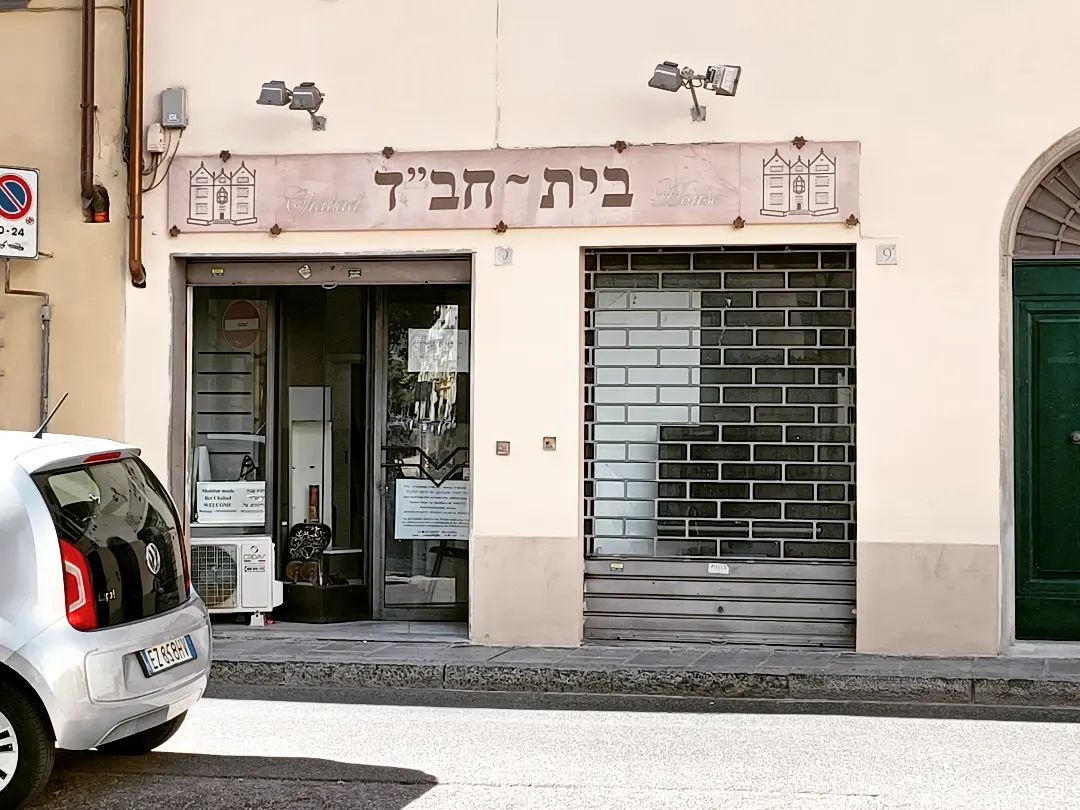

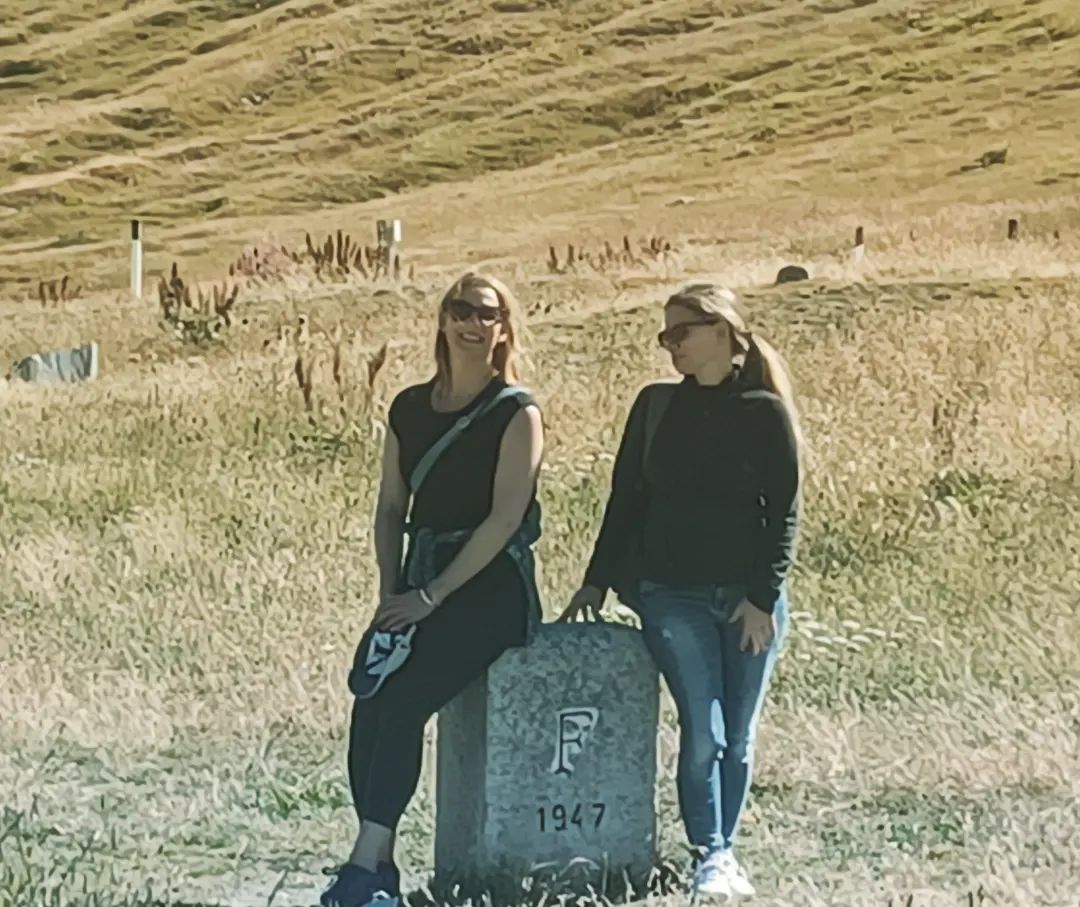
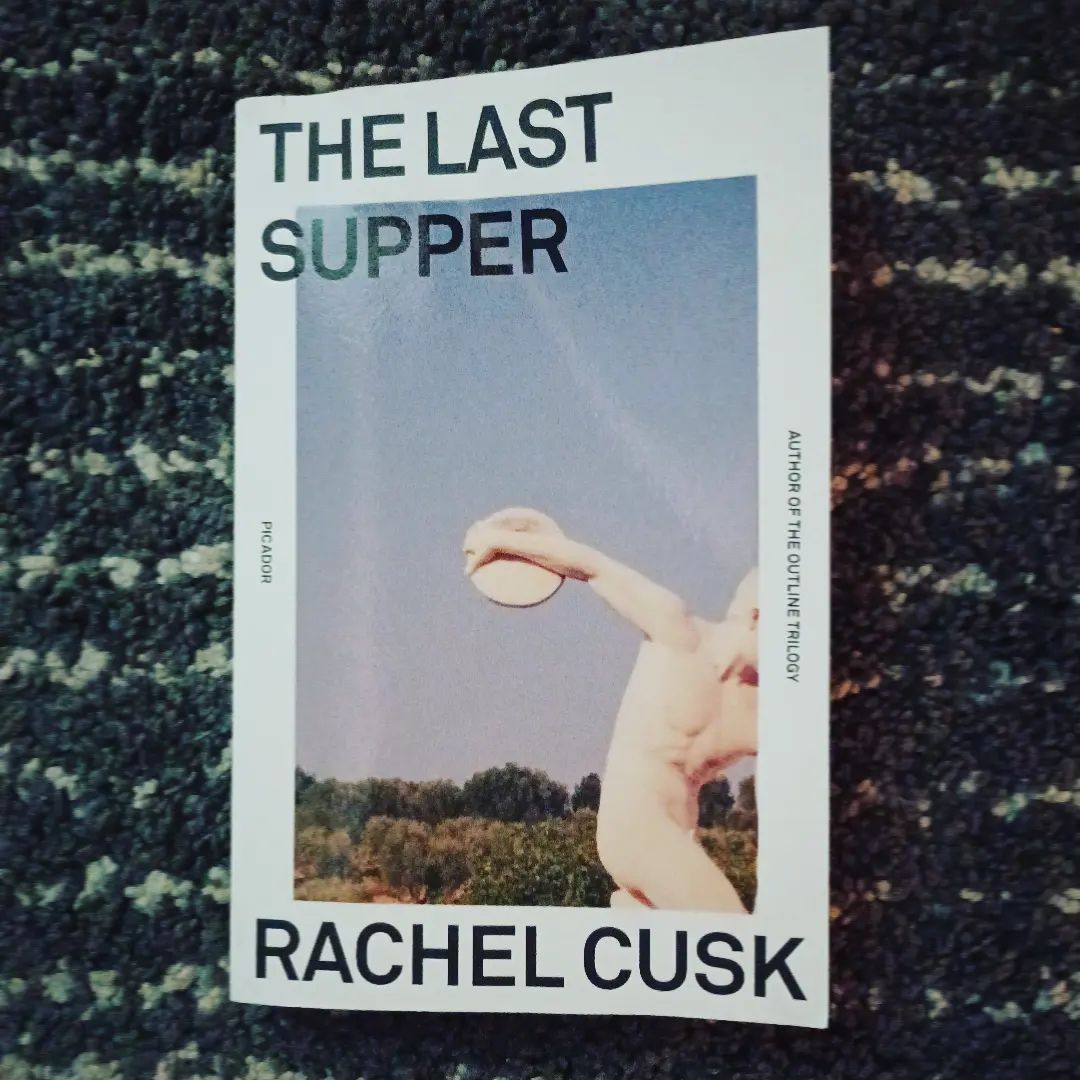
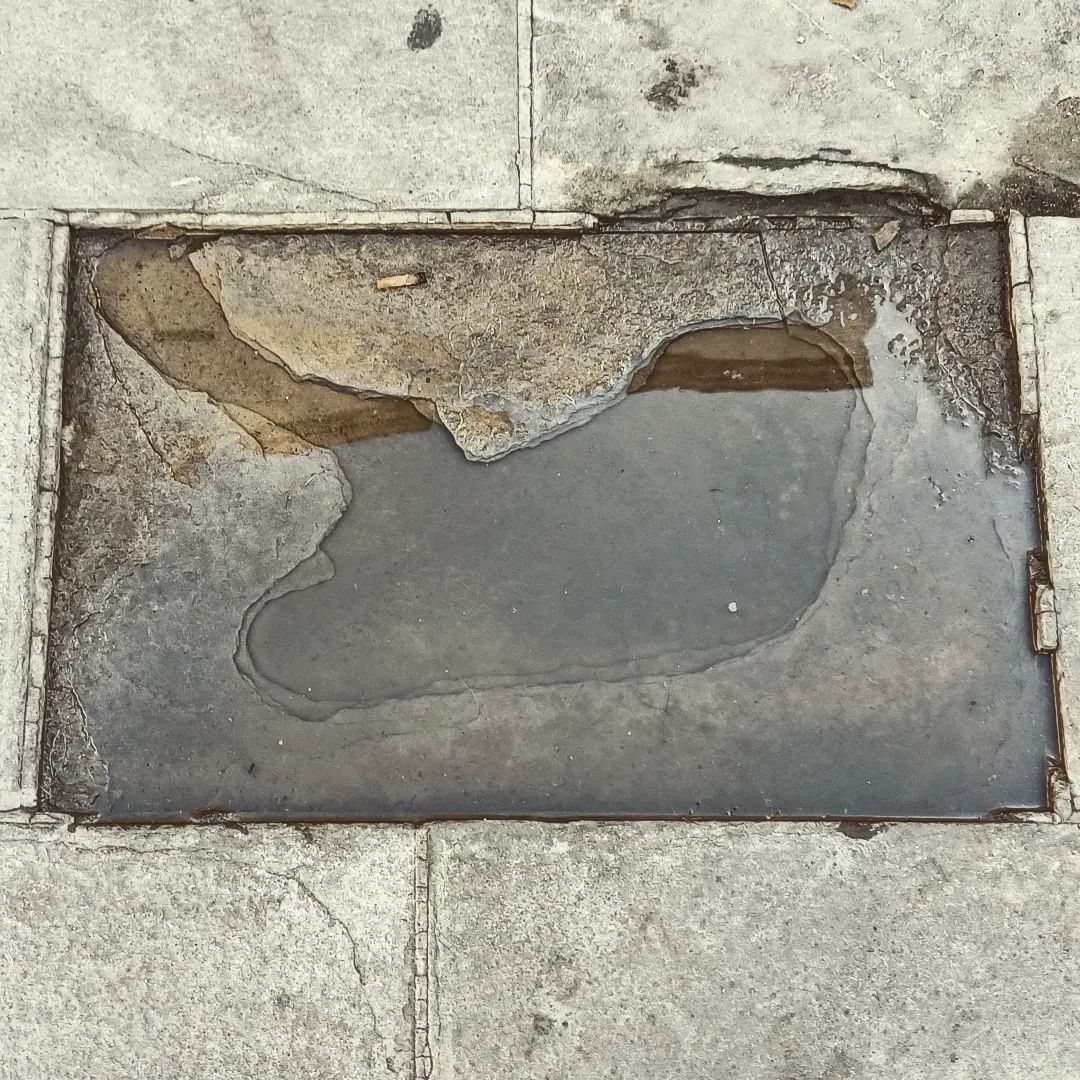
One Response
Likewise what things do we believe today that will be fables for us tomorrow ?